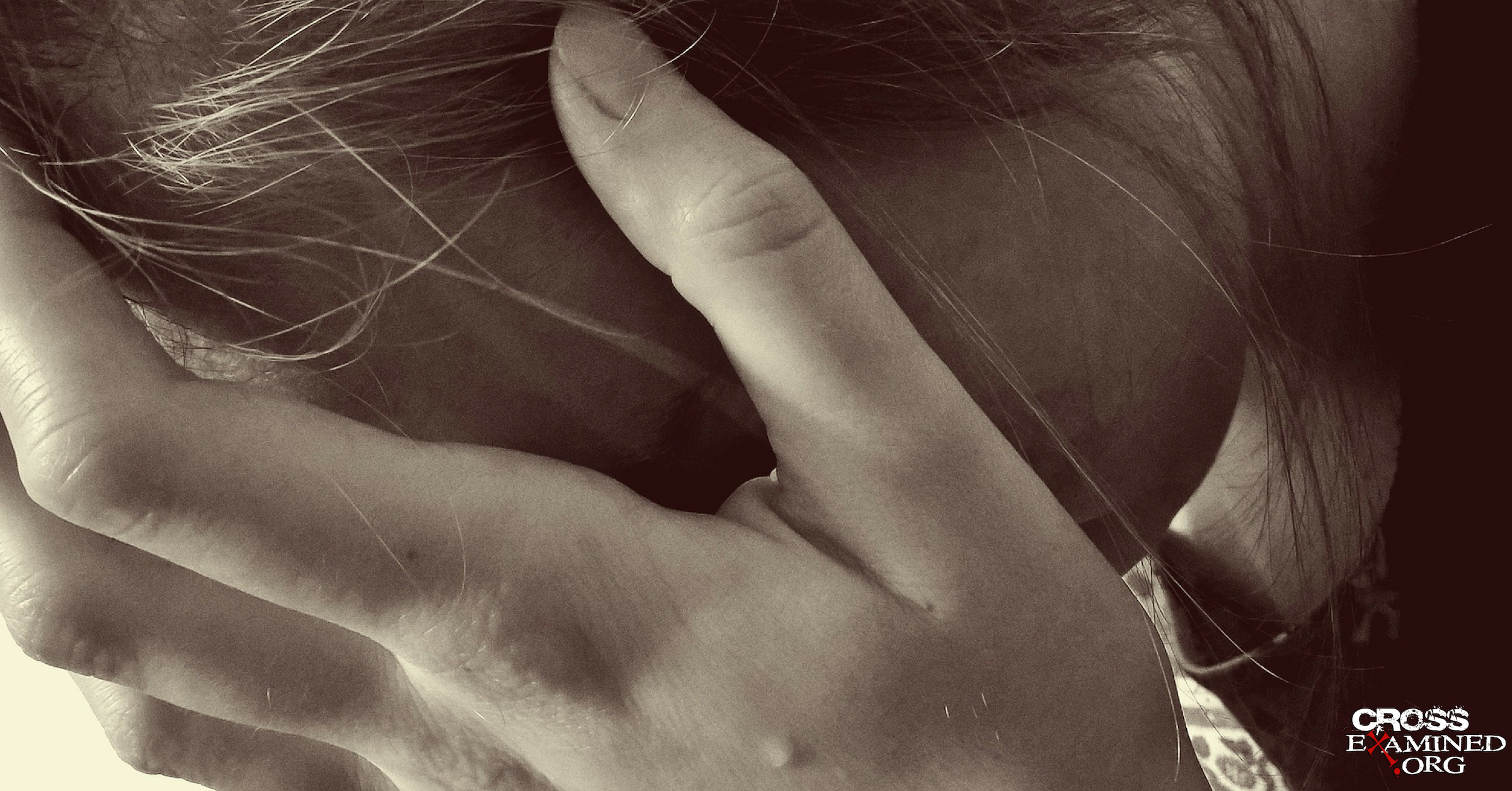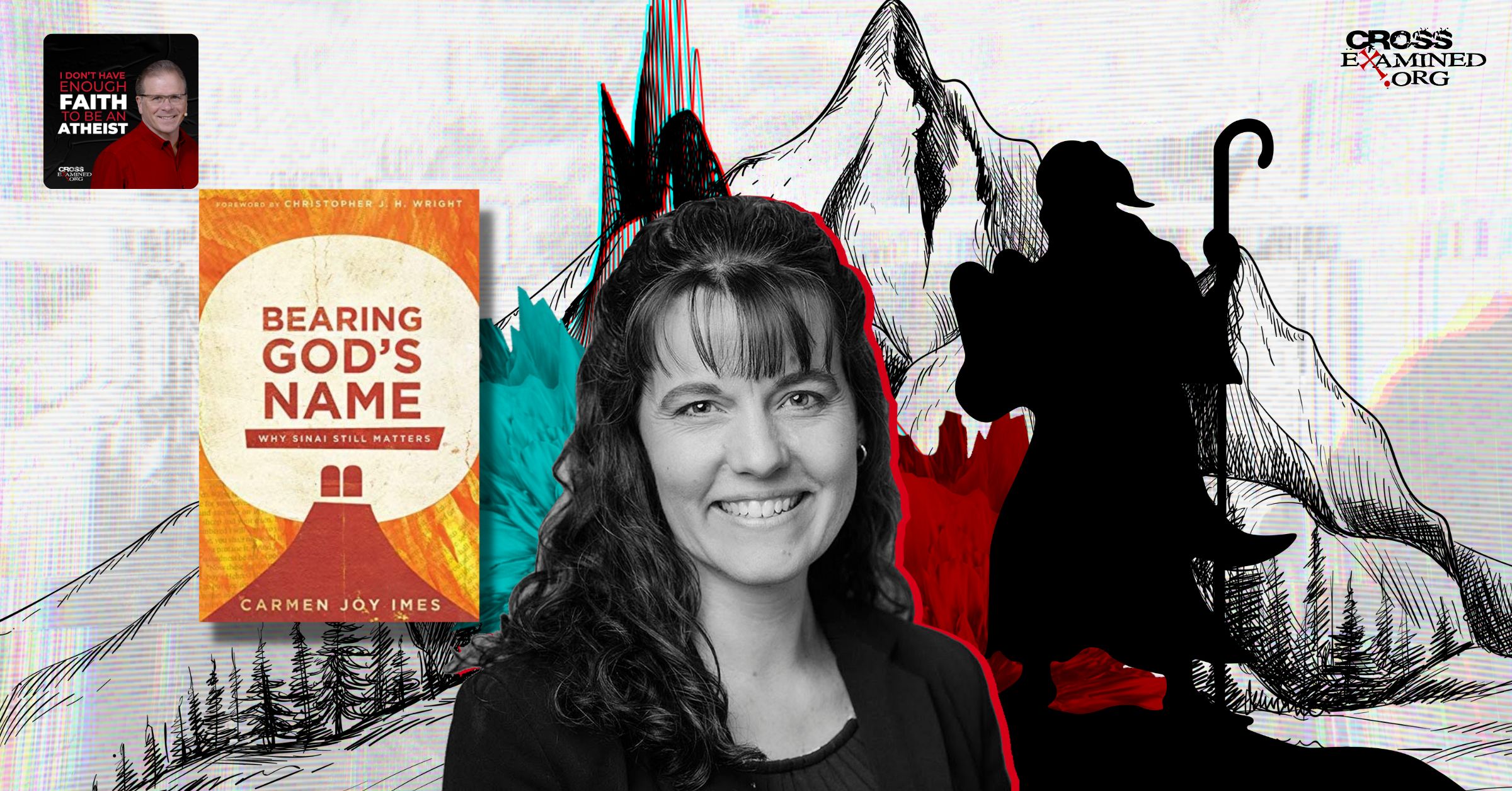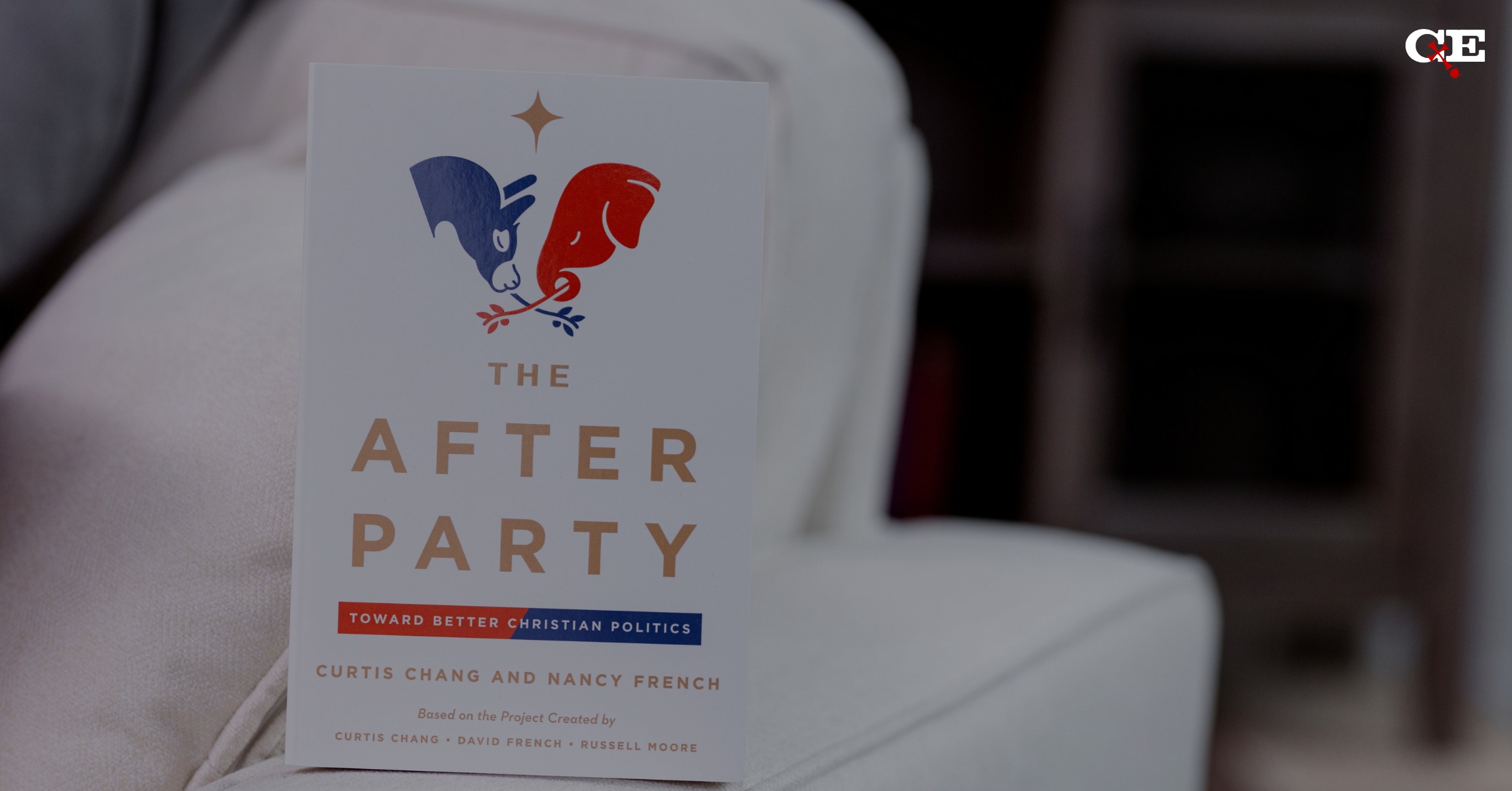Three Bad Arguments for Euthanasia
Polling sometimes suggests that the UK public is in favor of ‘assisted dying.’ This is an illusion, caused in many cases by people not knowing what ‘assisted dying is.’ A recent poll showed that only 42% of the public understood what ‘assisted dying’ refers to, with 10% thinking it meant hospice-type care and 42% believing it meant stopping treatment.

There is no legal or ethical mandate that a terminally ill person must be kept alive “at all costs.” There is, however, a major difference between withdrawing medical treatment and thereby allowing a patient to die of his or her own medical condition and intentionally ending a patient’s life.
What Is Euthanasia?
Euthanasia (as well as assisted suicide) is most basically understood as the lethal dose of drugs to deliberately end a life. Here is what euthanasia is not:
- Turning off life support or withdrawing treatment.[1]
- Providing drugs that reduce a patient’s discomfort at the end of their life.
- Making a ‘do not resuscitate’ CPR request
But as well as the simple misunderstandings people have about what ‘assisted dying’ is – there are some often repeated arguments for euthanasia that don’t stand up to scrutiny.
Three bad arguments for euthanasia
Reason #1: We euthanize our pets. The precise reason that we might euthanize a pet but not a human is because a human is not a pet! Once we reduce human beings to mere animals, a host of horrendous evils are bound to follow. Have you ever heard of the saying “treated like animals”? Human beings are a unique category of being, and so it is a dangerous category error to argue for human beings to be euthanized based on how we treat our pets. Human beings are not pets.
Reason #2: A patient can become a heavy financial strain. A price tag cannot be placed on human life – we cannot argue that life must be taken in order to save money. A human being’s value is not determined by their medical bill but by the fact that they are a human being. Human dignity is levelled across the scope of the entire human race, and those of us who are ill and inhibited are no less human than those of us who are not. Can you imagine the upheaval if it were argued that poor people are less valuable than rich people because they are more of a burden on the state? “Financial strain” is an unethical reason to end a human life.
Reason #3: People need the autonomy to choose to die in peace. Euthanasia is not necessary to satisfy this reason. The benefits of modern medicine mean that terminally ill people can generally choose to die in peace with effective use of palliative care (i.e., hospice). For people whose illness is no longer curable, palliative care supports quality of life and pain-management enabling patients to enjoy their final moments in peace—without killing themselves. Modern medicine makes available sufficient treatment to ethically treat patients without killing them, and thus the call for euthanasia (based off reason #3) is obsolete.
Euthanasia advocates do not have the moral high ground.
To appear convincing, pro-euthanasia arguments (see above) have to (Reason 1) de-escalate human dignity to the value of animals, (Reason 2) place a price-cap on human worth, and (Reason 3) argue that suicide is a good option in some circumstances.
No such position which advocates for these three things can be said to be taking the ethical high ground. And here is the major ethical problem that surfaces once euthanasia is legalized: The legalization of euthanasia sends the message that you can justifiably determine that your life is not worth living.
What message would the legalization of euthanasia send to someone who has depression? The whole issue with depressed people who go on to commit suicide is that they are mentally convinced that they are stuck with a terminal condition from which they will never be able to escape, unless they end their lives.
How can we promote positive mental health for people who struggle with depression, and strive to see them pursue life; if we have another sub-set of the population whom we deem worthy of ending their life over their suffering?
The legalization of euthanasia, for a sub-set of the population, sets an extremely dangerous precedent for other vulnerable members of society. Innocent lives are not ours to take. We are morally obligated not to kill ourselves or others. Euthanasia is always in some form of homicide, and so ethically, it should be prohibited.
A Christian view of suffering
Much can be learned through suffering. Pro-euthanasia arguments, perhaps understandably, tend to emphasize avoiding of suffering, even at the cost of one’s life. But this is not a Christian view of suffering. James 1:2-4 (ESV) says, “Consider it pure joy, my brothers and sisters, whenever you face trials of many kinds, because you know that the testing of your faith produces perseverance. Let perseverance finish its work so that you may be mature and complete, not lacking anything.”
And Romans 5:3-4 (ESV) says, “Not only so, but we also glory in our sufferings, because we know that suffering produces perseverance; perseverance, character; and character, hope.”
You can read more on what the Bible says about euthanasia here.
Far from being an evil to be avoided at all costs, suffering can be a time for refinement, and character building, no matter how old we are.
References:
[1] [Editor’s note: A distinction can be drawn here between (1) “life-support” and (2) “assisted living.” Life-support refers to technological measures which artificially sustain someone’s life when, otherwise, their heart, lungs, brain, (etc.) would not be able to do it. A ventilator would be an example – since it “breathes” for them, doing the work that lungs should be doing. Meanwhile, Assisted living refers to the use of different measures, technological or not, to help sustain someone’s basic needs even though their organs can sustain life. For example, an oxygen tube, intravenous hydration, or a feeding tube. When life support is removed the person dies of natural causes. When assisted living is terminated the individual starves or suffocates to death.
Recommended Resources:
Stealing From God by Dr. Frank Turek (Book, 10-Part DVD Set, STUDENT Study Guide, TEACHER Study Guide)
Jesus, You and the Essentials of Christianity by Frank Turek (INSTRUCTOR Study Guide), (STUDENT Study Guide), and (DVD)
Legislating Morality: Is it Wise? Is it Legal? Is it Possible? by Frank Turek (Book, DVD, Mp3, Mp4, PowerPoint download, PowerPoint CD)
Reflecting Jesus into a Dark World by Dr. Frank Turek – DVD Complete Series, Video mp4 DOWNLOAD Complete Series, and mp3 audio DOWNLOAD Complete Series
Sean Redfearn is a former Community Youth Worker who now works for Christian Concern in Central London, UK. He completed an MA in Religion at King’s College London, is in the process of completing the MA Philosophy program at Southern Evangelical Seminary, and is a 2022 CrossExamined Instructor Academy graduate. Passionate about Jesus, he is grateful for the impact that apologetics has had on his faith.
Originally posted at: https://bit.ly/3XCfbSL










